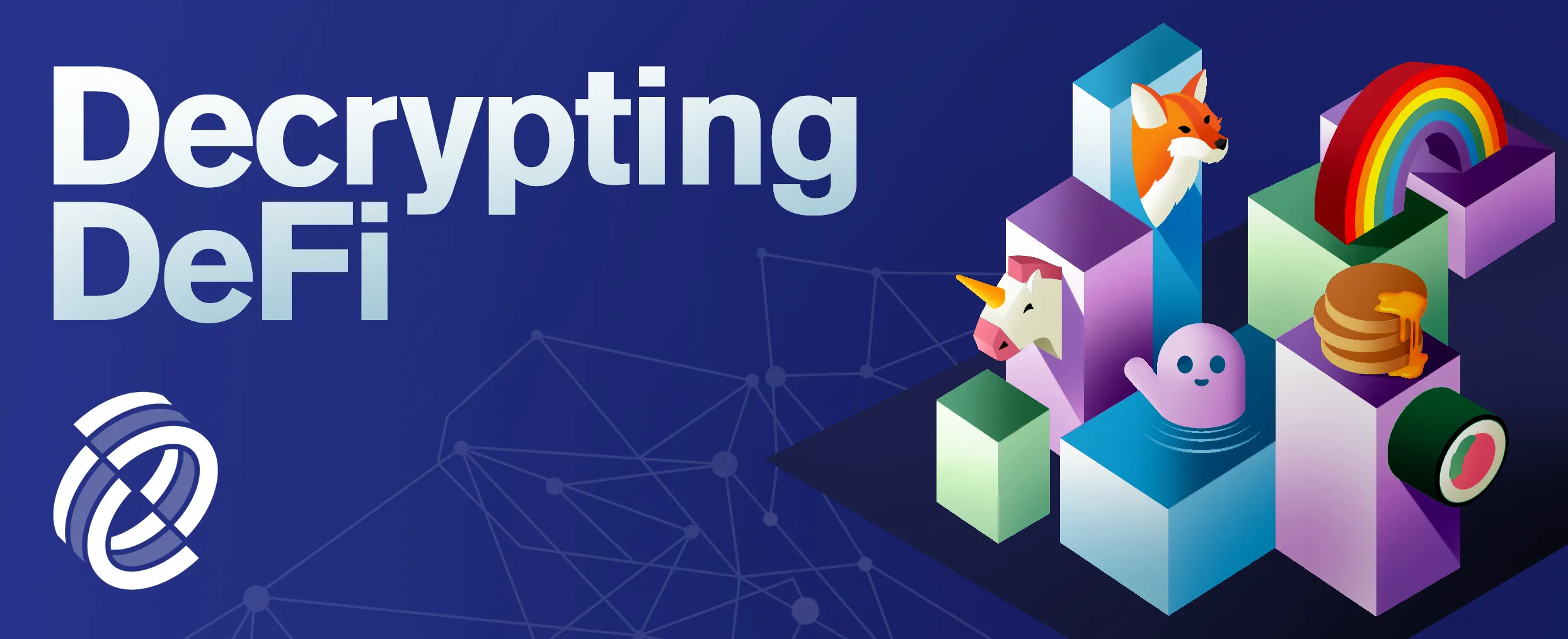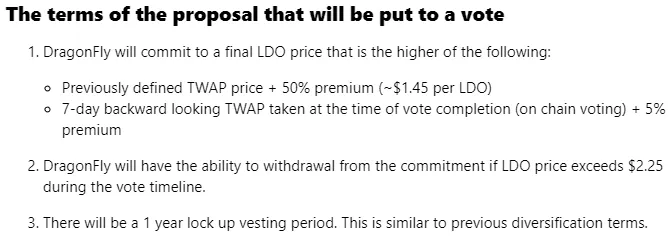
DAOs, or decentralized autonomous organizations, are a lot like startups. They fund a team that builds a product that people use. Usually, that product generates revenue as it charges the people who use it.
Like startups, they also can seek outside funding if the product is good and gaining traction but not quite strong enough to stand on its own. If sustainability isn’t the goal, then continued, upward growth is another good reason to go asking people for money.
On this second point, however, a DAO differs quite a bit from a startup.
Instead of two or three people chasing down funds and angel investors to explain the product’s use case, deals are made transparent to the rest of the community. Community, in this case, refers to anyone who holds a governance token in the DAO (but even that’s a pretty generous definition for a DAO’s community).
This week, we enjoyed a good example of what this looks like.
Lido Finance, the popular staking service, is currently seeking a longer runway by selling off 2% of the total supply of the project’s native token, LDO, in exchange for stablecoins. According to data pulled from CoinGecko, 2% comes out to 20 million tokens.
This, according to the initial proposal on July 18, would serve the project for roughly two more years of operation. Basically, they’re looking to pad the coffers with non-volatile assets amid the ongoing bear market.
And this proposal evolved from a much broader June 3 proposal from a Lido developer who suggested “to sell 10,000 ETH of Treasury funds to DAI. This should cover about two years for 50-people team & ops expenses of the protocol maintenance budget.
As you probably noticed, the assets being sold are different between the two proposals. That’s thanks to governance discussions!
Initially, it was proposed to sell Ethereum for stablecoins; now the treasury will sell LDO tokens.
That’s not all either. On July 27, the proposal was again refined following hefty pushback from the initial proposal. Earlier, the Lido team indicated that Dragonfly, an investment firm focused on crypto, was a potential buyer of said LDO tokens.
The proposal also indicated that the “acquired tokens will be unlocked,” meaning that as soon as the holdings were purchased, most likely by Dragonfly, they could be sold at will.

Scanning the comments of this initial idea gives you a pretty good idea about how the Lido community felt about that small note.
“So, there is no lock period and vesting,” wrote one member. “The default should be NO unless there is a compelling reason. The precedence (sic) set by the previous exercise was 1-year cliff + 1-year unlock,” wrote another. “What’s the rationale of 0 locking period’” asked another commentator.
Following the overwhelming concerns about this lack of a lockup period, as well as a failed Snapshot vote, yet another, more refined proposal was made on July 27 to include this very language.

The final deal is thus, just 1% of the total supply (rather than the 2% outlined earlier), and the tokens are to be sold at roughly $1.45 apiece. The new terms are still up for a vote on Snapshot, but the community is currently voting heavily in favor. If passed, then the DAO will have brokered a deal worth roughly $14.5 million.
If you’re interested in all the gritty details of how this token deal happened, reading through each step from June 3 until July 27 provides a really interesting case study into crypto governance.
Check out these posts here, here, and here for a full run-through.
And this is precisely how the comparisons between a traditional startup and a DAO end.
In a startup, the only people who really know the terms of an equity deal would be the two or three co-founders and the funds providing the capital. The precise terms may even be forever buried in non-disclosure agreements.
Naturally, the key tradeoff here is time. With just a few heads making decisions, plans can move quickly.
But if you consider the sheer size of this community, then the process was still pretty fast. Perhaps more importantly, everyone also had an opportunity to participate transparently.
That seems like a win for everyone in the industry, not just Lido.
Decrypting DeFi is our DeFi newsletter, led by this essay. Subscribers to our emails get to read the essay before it goes on the site. Subscribe here.

